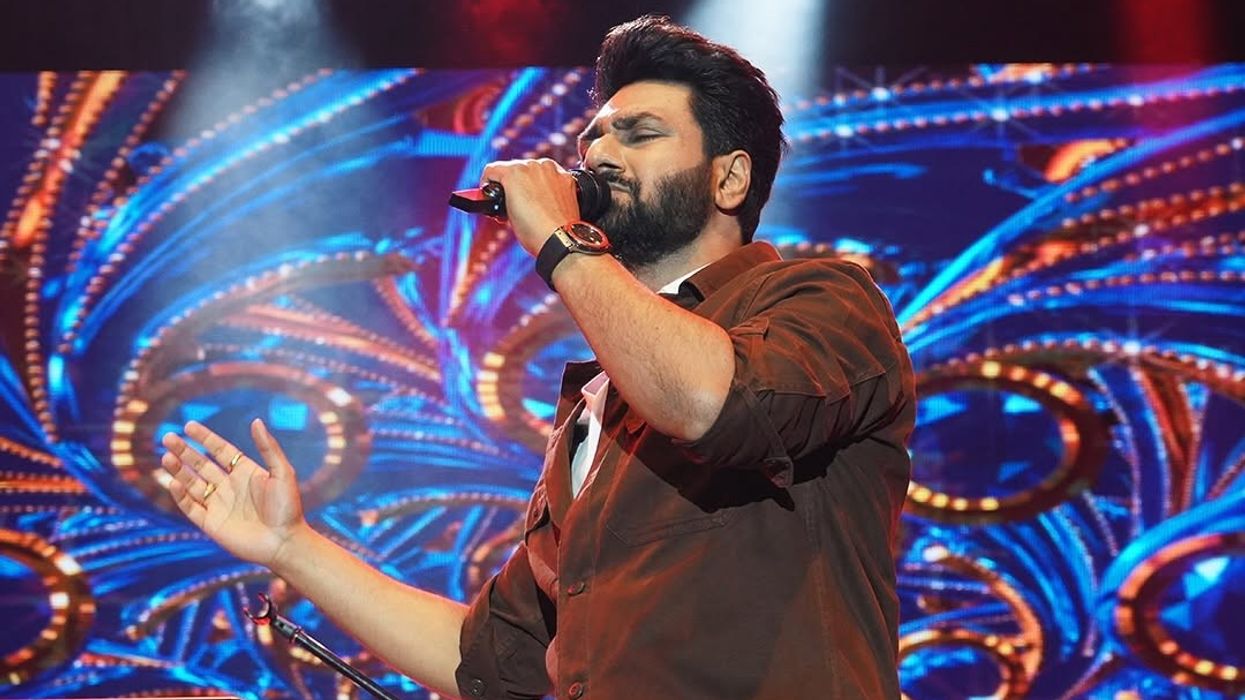In a major shift in India’s music scene, composer Mithoon has become the country’s highest-paid musician, commanding £2.4 million (₹25 crore) for a single film project. This fee, reportedly for the soundtrack of an upcoming untitled romantic film, marks a milestone that no Indian composer has ever reached before.
Mithoon, whose real name is Mithun Sharma, is known for creating some of Bollywood’s most emotional and popular tracks like Tum Hi Ho and Phir Mohabbat. The new deal places him ahead of big names like AR Rahman, Pritam, Arijit Singh, and even Diljit Dosanjh. According to insiders, Mithoon’s long-standing collaboration with the film’s director was a key reason for the producers’ massive investment. Their previous work delivered memorable chartbusters, and this reunion has generated big expectations.

Until now, Anirudh Ravichander held the top spot, having earned over £960,000 (₹10 crore) for his work on Jawan, starring Shah Rukh Khan. His subsequent projects, including Leo and Jailer, reportedly brought in £768,000 (₹8 crore) each. Before Anirudh, AR Rahman had long been Bollywood’s most in-demand composer, charging about £768,000 (₹8 crore) per film and more if he also sang on the track.
For comparison, most music directors in the industry earn less than £480,000 (₹5 crore) per film. Popular composers like Pritam, MM Keeravani, Vishal-Shekhar, and Yuvan Shankar Raja fall into this range. Playback singers typically earn £14,400–£19,200 (₹15–20 lakh) per song and rarely touch the £96,000 (₹1 crore) mark for an entire film album. The only exception is in the independent music scene with artists like Diljit Dosanjh, who often cross £96,000 (₹1 crore) for private albums or live shows.
Mithoon’s deal signals a new phase for the music industry, where original soundtracks are becoming a major factor in a film’s success. As music continues to play a central role in Indian cinema’s appeal, composers like Mithoon are beginning to receive the kind of recognition and pay that reflects their influence on a film’s overall impact and that is a good sign.





